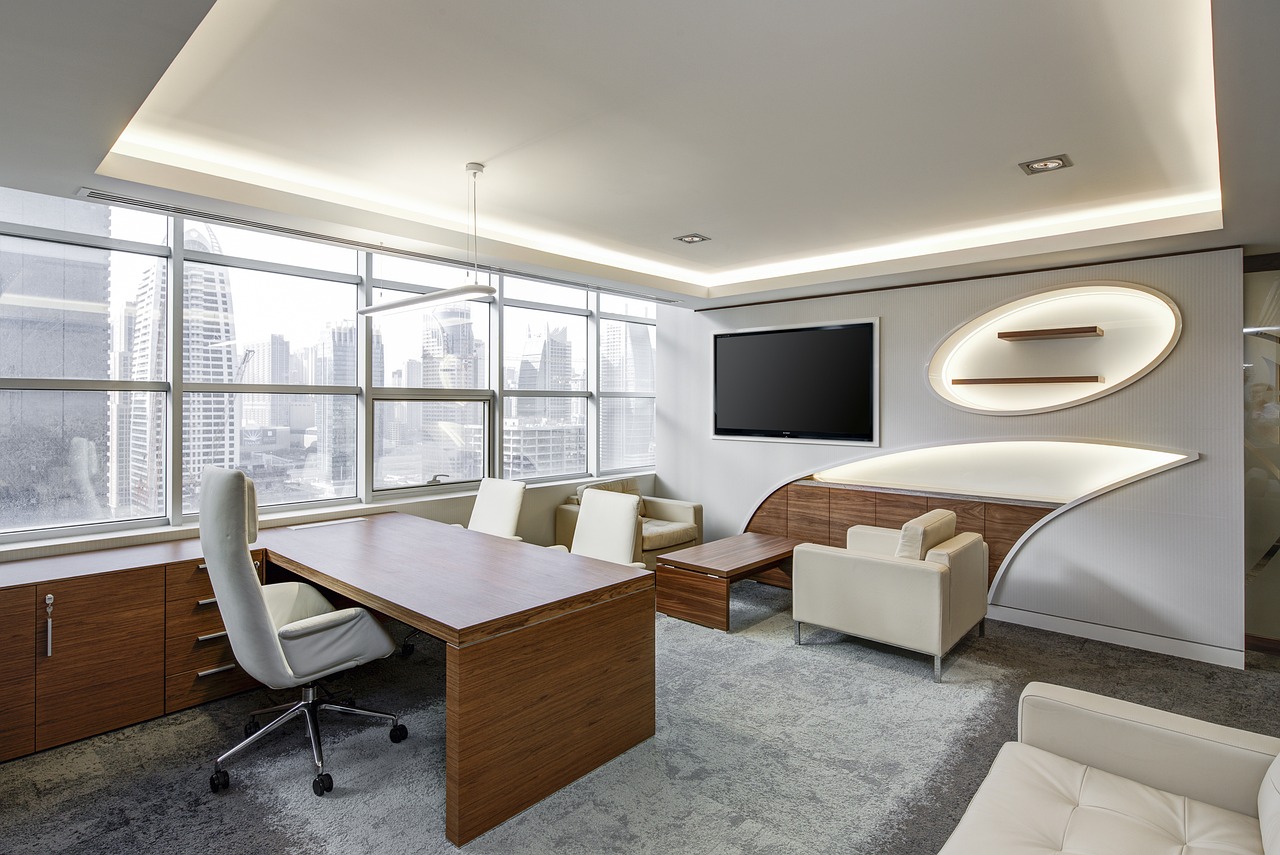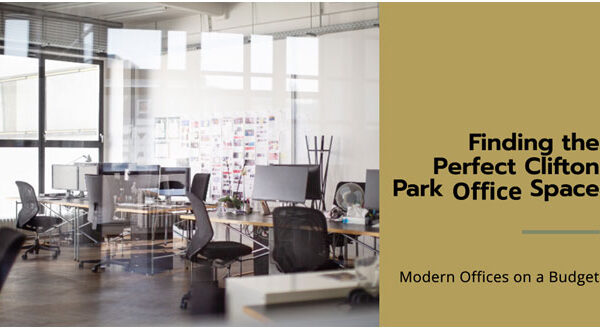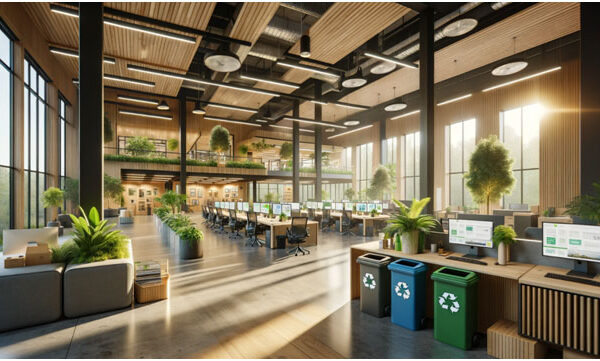
Image by MagicDesk from Pixabay
Setting up an office is a vital step for your small business. It takes thoughtful planning, and the results will make a statement to employees and clients about how you run your organization. For employees, it should give them tools, equipment, and workspaces to optimize productivity and boost morale, and for customers, it should be an inviting space. Everything from the layout to the furniture will come together to make your organization successful.
Image by WOKANDAPIX from Pixabay
Assessing your needs
The first step is to assess your needs. Every small business is unique depending on its size, structure, and operation.
Determine the number of employees you’ll have to determine how much office space you need. Look over your budget and allocate funds for leasing office space, ordering supplies, and purchasing furniture. Take an inventory of products and services required for your business so you only buy what you need. If your business is brick-and-mortar or on-site, you will have to lease commercial space.
If you have a hybrid work environment or remote workers, you may not need as much office space or any office space at all. An open office design or conference rooms will provide a place to collaborate and brainstorm, and private workspaces can give employees the space they need to focus on those big projects. Depending on your small business’s traffic, you might need a reception area to greet visitors. A private security service can control and monitor the people who access your space, and installing security cameras and access control systems will ensure the safety of employees.
Choosing the right space
If you can operate the business remotely, that will save you the headache of leasing commercial space. However, location is among the most critical factors if the work requires the team to be in the same space. Locations with safe neighborhoods, affordable housing, and good schools will attract top talent who want to work for your company. What might the commute be? Is there available parking or convenient public transportation? These are questions you will have to keep in mind when setting up a small business
When it comes to renting or buying office space, it all depends on the financial position of your business. Owning your office space can be a significant asset with a large payout. Depending on the state of the property, it could have a high return in the long term. However, owning property can be a cost burden as much as it is a means of building wealth. It can result in higher expenses for your business in loan payments, taxes, and insurance, and if interest rates are high, then that increases the cost of taking out a loan.
Technological advances have changed how people do business, and having the right office equipment will set your small business up for success. Depending on mobility, accessibility, and ease of use, you may choose laptops over desktop computers.
Desktops have large displays for people who work on large projects and need to toggle between several programs. They also require multiple pieces of equipment, such as monitors, hard drives, keyboards, and mice. They are the best option if your work requires high-resolution graphics and a large amount of disk space. Laptops are convenient if your team members are working remotely or on the road, and they tend to be less expensive than desktop computers.
Furnishing and equipping your office
Furnishing and equipping your office will depend on your business size and your employees’ needs. Each employee will need a desk and workstation, so desks and chairs are one of the first choices you’ll need to make in selecting office equipment. Ergonomic equipment will help your employees work for long periods without causing physical strain on the body. Phone systems and routers will allow your team to communicate and stay connected in a fast-paced world. Filing cabinets store documents and records; printers put those essential documents on paper.
Organizing and optimizing the workspace
Organizing and optimizing the office space for your small business will improve productivity and workflow, reduce stress, and make a positive impression on your clients. Establishing storage solutions such as cabinets, shelves, and drawers will give items their place and minimize clutter.
A filing system will organize valuable and sensitive documents and make them easily accessible, including physical filing systems such as folders, binders, and labels.
However, cloud computing has made it more efficient for businesses to store data and records. Small touches such as wall art, plants, and good lighting can create a warm and welcoming ambiance for everyone in the office. If your small business sells merchandise, you will need designated areas to stock and store it, which will involve leasing a warehouse or storage space.
Every office needs a break room where employees can step away from their desks, relax, and unwind. Tables with comfortable seating will give them a space to take their lunch or breaks with their coworkers or by themselves. Amenities such as refrigerators and microwaves encourage habits by providing workers with a space to pack their lunches.
Setting up an office space for your small business starts with assessing your needs, choosing a suitable space, and considering the needs of your employees. It should be a thoughtful process that covers every aspect of your business. Approaching the process with a mind to your team’s success will ensure an optimal environment for everyone.





